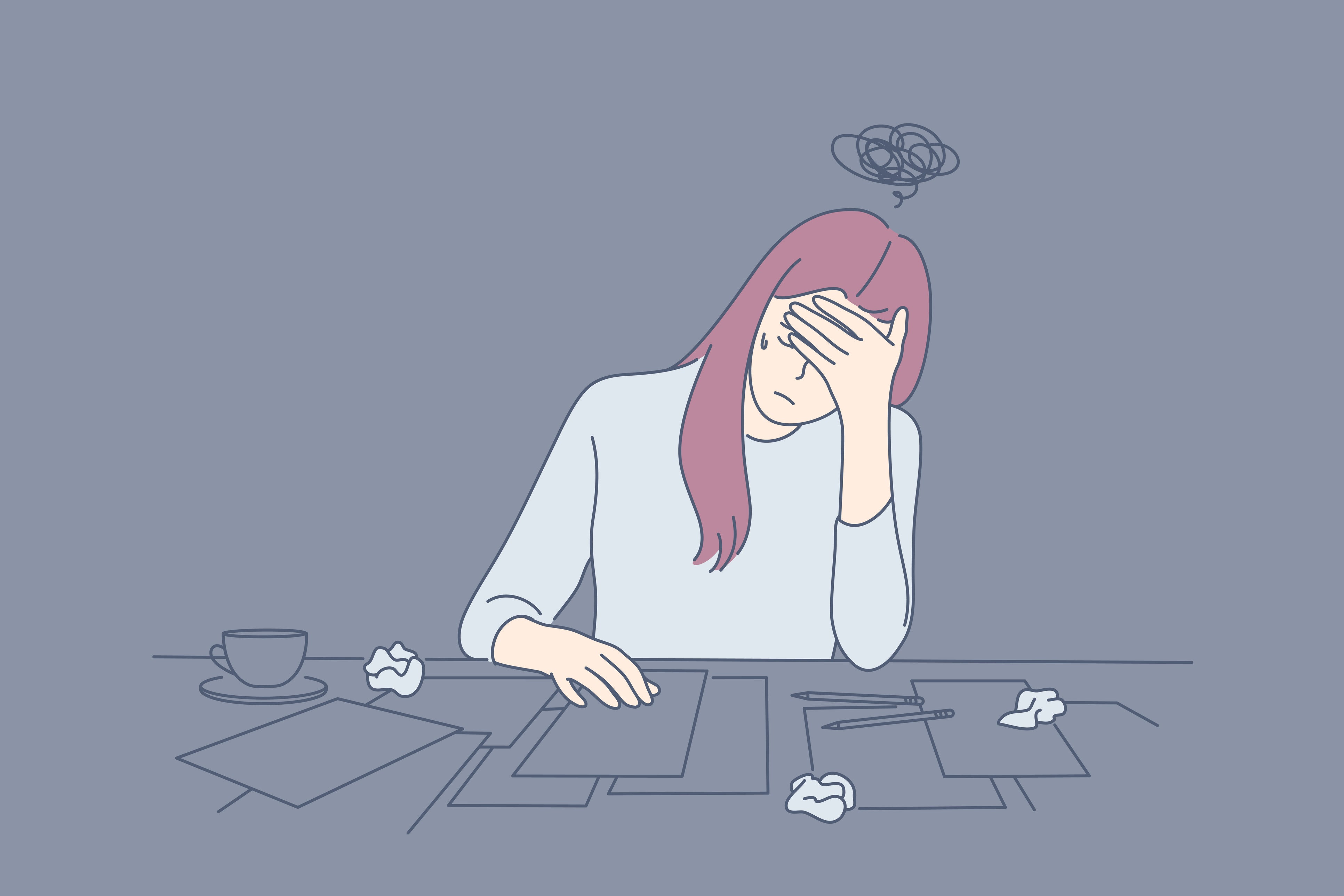‘I lied to everyone I met’: How gambling addiction has taken hold of women in the UK
The number of women seeking help for problem gambling has doubled in the last five years. Joanna Whitehead speaks to some of them about their experiences


It was Christmas Day in 2018 when things came to a head for Bev. By her own admission, it had been “a lovely day”. “Everything was hunky dory,” she says. “There was no reason why I should have gambled, but in my head - in a gambler’s head - it was Christmas Day, so you couldn’t possibly lose. I told myself that they wouldn’t do that to you on Christmas Day.”
Within 90 minutes, the 59-year-old from Newcastle had gambled away £5,000. “I emptied my husband’s bank account,” she tells The Independent. “I even borrowed money from my daughter claiming I had an urgent bill that needed paying. I lost the whole lot - and then I took an overdose.”
The UK is home to one of the biggest gambling markets in the world, generating a profit of £14.2bn in 2020. Historically, gambling has been classified as a problem that largely affects men, but research by GambleAware from January this year revealed that the number of women treated for gambling had doubled in five years, with up to a million women at risk of experiencing gambling-related problems. It added that this figure may only represent a small proportion of the women experiencing harm linked to gambling.
Bev’s problems with gambling began about 16 years ago. “I entered a competition on a popular television website and a gambling pop-up appeared and I thought, ‘I’ll have a go at that’,” she said. Prior to this, she had never gambled: “It just wasn’t something that interested me. It felt like throwing money away.”
After depositing £10, she quickly won £800. “I couldn’t believe the money was mine to keep,” she says. “I then started depositing more and more and that £800 was gone very quickly. After that, I was hooked.”
An early win was also “the hook” that kept 29-year-old Stacey from Derbyshire returning for more at the beginning of her gambling addiction. Her poison was slot machines and scratch cards. “It’s fast and completely mind-numbing staring at the wheels spinning,” she says.
For women, gambling is an escape from overwhelming responsibilities and anxieties
The numbing effect of gambling is a significant draw for many women who gamble, according to experts. Liz Karter MBE, a leading UK therapist in gambling addiction among women, says the oblivion offered by gambling can provide a space away from the stresses of everyday life. “You will rarely hear women talk about loving the buzz or excitement of gambling, or loving the kudos winning gives them as many men do,” she tells The Independent.
“For women, gambling is about losing themselves in an experience where ultimately, they think and feel nothing. The complete focus on gambling is a distraction from stressful thoughts and feelings. It is an escape from overwhelming responsibilities and anxieties.”
It’s a familiar story to Tracey, 58, from Berkshire. “My gambling was never about money,” she says. “It was void-filling. When I was gambling, I didn’t worry about anything…gambling took me out of my reality.”
For Bev, things had started falling apart long before that fateful Christmas and deteriorated as the years went by. As the person in charge of the household finances, she had easy access to money but unbeknownst to her loved-ones, she’d maxed out all her credit cards and taken out loans to pay these off which went straight back into her gambling fund. She was also borrowing money from friends, family and even people from work. “I lied to everybody I met,” she said. “I was in a terrible place mentally.
“My husband and I are both on good salaries and I would often wait up until midnight on payday when the money came into my account each month. My husband was asleep in bed and, within a couple of hours, I’d blown the lot.”
All women spoke about the “ease” of online gambling and its round-the-clock availability. Tracey describes the internet as “the crack cocaine of gambling”. She says: “When I first started gambling, places opened and shut. I might have been the first in and the last one out, but there was still a closing time.”
We have gambling in our homes, offices and handbags... it’s everywhere
Before moving online, Stacey had been travelling between different bookies in an effort to avoid drawing attention to her problem gambling. Online, things were very different, however. “It was so easy. Nobody knew what I was doing.”
Karter makes a direct link between a rise in gambling amongst women and its increasing omnipresence. “We have gambling in our homes, offices and handbags,” she says. “However, we have to look at any addiction within a social and mental health context. We see a rise in stress, depression and anxiety in women and this leads to self medication through gambling…it feels all too easy to lose yourself in the virtual world of online gambling.”

All three women found the support they needed through a women-only residential retreat with Gordon Moody, part of a network of organisations within the National Gambling Treatment Service which offer a range of treatments. “I walked in there a broken woman, but I left feeling there was hope,” says Bev. “They equipped us with the tools and strategies to stop you in the moment before you place a bet. It’s brilliant. Something just clicked and it worked.”
Stacey admits she was initially “hugely sceptical” that the service would be able to help her, but describes it as “the best thing I’ve ever done”.
While all three women describe themselves as in recovery from gambling, some of the consequences are harder to leave behind.
“Payday loans, credit cards - my debt was massive,” says Stacey. “I would move from house to house and live with friends because I wasn’t able to get anywhere with my bad credit. It’s a long-term gambling harm that I’m still working on - it’s going to be a long time before I’m going to be able to get a house.”
One of the worst things that would happen when I was trying to stop gambling was when the companies would message you as a ‘VIP customer’ and say, ‘We haven’t seen you for a while - here’s £200 in your account’
Bev would like to see major reforms to the gambling sector. “One of the worst things that would happen when I was trying to stop gambling was when the companies would message you as a ‘VIP customer’ and say, ‘We haven’t seen you for a while - here’s £200 in your account’. That was so bad.
“I also think they should run checks on new account holders, like when you’re applying for a loan,” she adds. “The number of times I deposited thousands of pounds in a very short period of time… they must have realised I had a problem, but they just encouraged it all the more.”
A government white paper addressing such issues is long overdue and expected to be published this month. MP Carolyn Harris, the chair of the All-Party Parliamentary Group on Gambling-Related Harm, has called the need for affordability checks, spending caps and independent assessments on new users “overwhelming”.
Stacey, Bev and Tracey all want more people to understand that this is a devastating affliction that can and does affect women - but that help is available.
“It’s so important to reach out and talk to someone,” says Tracey. “It doesn’t matter where you come from, or your age - you’ll never be alone.”
Stacey agrees. “I don’t want anyone to feel as lonely as I did. If you can push past the shame, there are so many places to go that specifically help women where you won’t be judged. Taking that first step is scary, but it’s so, so worth it. There is hope.”
For information, support and advice on problem gambling, contact:
Gordon Moody (gordonmoody.org.uk), Gamble Aware (begambleaware.org), Gamblers Anonymous, which runs a number of “women preferred” online and in-real-life meetings (gamblersanonymous.org.uk), BetKnowMore (betknowmoreuk.org) and GamCare (www.gamcare.org.uk).
Join our commenting forum
Join thought-provoking conversations, follow other Independent readers and see their replies
Comments
Bookmark popover
Removed from bookmarks